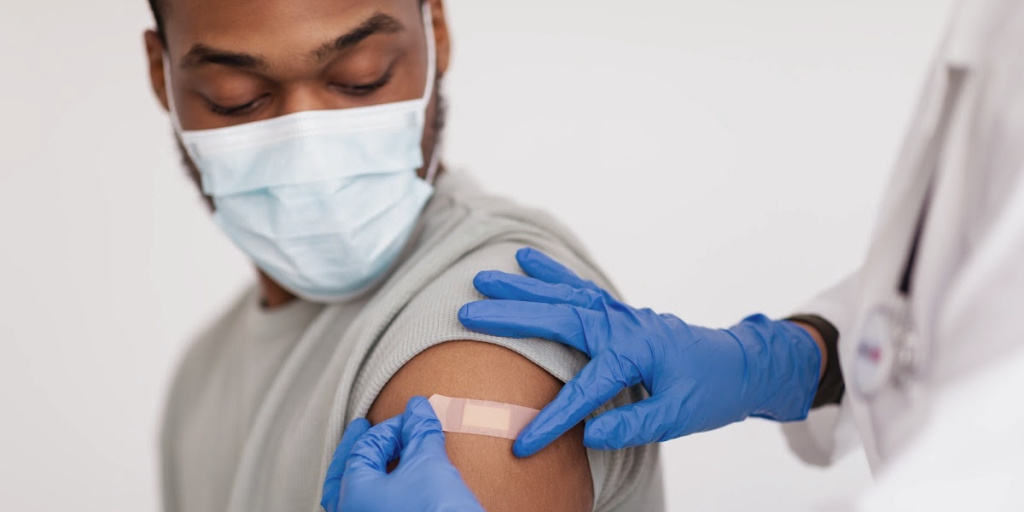Since the start of the pandemic, many immigrants have been left out of federal COVID-19 relief packages. Both undocumented immigrants and some people in mixed-status households have been excluded from stimulus checks, rent assistance, and other financial aid.
This has left some questioning whether they qualify for the most important relief yet: the COVID-19 vaccine.
Equal access to the vaccine
Unlike previous aid, the federal government has made clear that anyone—regardless of immigration status—should get the vaccine.
The Department of Homeland Security (DHS) made this clear in a statement released on February 1, just as vaccine production was beginning to ramp up:
“DHS and its Federal government partners fully support equal access to the COVID-19 vaccines and vaccine distribution sites for undocumented immigrants. …DHS encourages all individuals, regardless of immigration status, to receive the COVID-19 vaccine once eligible under local distribution guidelines.”
Though there have been some disinformation campaigns designed to scare undocumented immigrants out of getting the vaccine, people don’t need to be concerned. DHS went on to say that no enforcement operations would be conducted at or near vaccination distribution sites or clinics, consistent with the “sensitive locations” policy.
Flaws in the system
Despite vaccines being available to all eligible immigrants, some people are still facing barriers to access.
There have been several cases that have gained national attention where immigrants with vaccine appointments have been turned away or asked to provide a U.S. government-issued ID. Some have been questioned about their immigration status by vaccination workers.
In all these cases, such actions went against the Centers for Disease Control and Prevention (CDC) guidelines. The CDC prohibits vaccination workers from turning people away for failure to produce specific identification documents or inquire about immigration status.
Undocumented immigrants are also more likely to be uninsured, so fear of potential cost might be preventing some from getting the vaccine. However, the CDC has made the vaccine available to all people at no cost.
Ensuring immigrants get vaccinated should be a priority—over 4 million work in essential services like health care and social service industries. And vaccinating the greatest amount of people will make everyone safer.
Fighting vaccine hesitancy
U.S. health officials are also fighting a certain level of vaccine hesitancy across many groups, including immigrants. There has been a targeted effort to dispel misinformation about the vaccine among Black immigrant communities, whose history with vaccinations has been marred by racist experimentation.
Advocacy groups are attempting to reach these communities with educational programs led by doctors from their home countries. Likewise, they are offering translators to help get the message about vaccine efficacy and safety across.
Getting the immigrant population vaccinated must be a priority, especially since many were left out of previous COVID-19 relief but were still relied upon to keep our economy moving. We have both a public health and moral obligation to ensure that everyone who wants a vaccine can get one safely and easily.
FILED UNDER: covid-19


